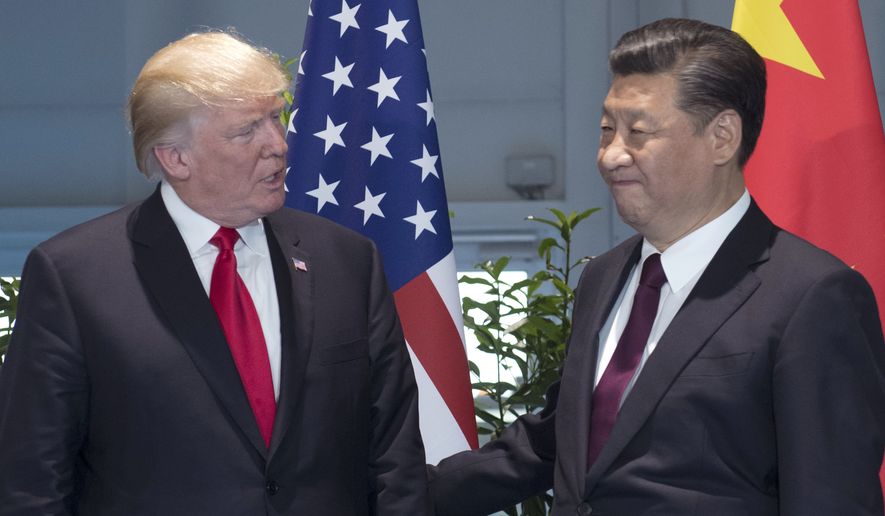OPINION:
The lot of a censor in China is not always a happy one. Not for lack of trying, Beijing’s suppression of published opposition to its one-party Marxist rule is in trouble.
China employs some 1.5 million censors, a half million more than in its uniformed military, and its propaganda — like all government propaganda, it’s so heavy-handed that only the credulous and the cowed could believe it — deserves all its difficulties. A Harvard study says China’s vast censorship operation, “the Great Fire Wall of China,” is currently blocking 18,000 websites.
The latest crisis of the blue pencils has arisen over an obscure episode in China’s highly touted world of table tennis, sometimes called Ping Pong. Several top Chinese Ping Pong players, among the best in the world, forfeited their matches last month to protest the sacking of their head coach, Liu Guoliang. A message from one of the players showed up on a blog: “We have no desire to fight now all because we miss you, Liu Guoliang.”
This prompted a warning from the censors: “All websites: without exception, do not report on news related to the Liu Guoliang incident at the China Open.” And then another: “All websites, notify all clients that news related to Liu Guoliang’s reassignment and the Chinese men’s Ping Pong team dropping out of the competition is to be held back behind the scenes.”
It all started over a dispute ignited by the suspension of the head of the women’s Ping Pong team over a gambling debt. Within hours after the withdrawal of the players the Chinese Table Tennis Association expressed disappointment over the players’ withdrawal. The organization said it had conducted a thorough investigation into the incident, “which led to the uncovering of many problems at the administrative level.”
As a result, the International Table Tennis Federation has threatened sanctions against the Chinese team. There’s evidence that these censorship scuffles are encouraging opposition to the regime. “The purpose of the censorship program,” the American Political Science Review once observed, “is to reduce the probability of collective action by clipping social ties whenever any collective movements are in evidence or expected.”
Censorship has produced certain unanticipated consequences. For example, Western media have used the “Banned in China” label to market cultural works, which can make censored items more attractive, much as “Banned in Boston” made forbidden works more popular in the United States a generation ago. Internet and television censorship is increasingly ineffective because hacking of satellite signals can give direct access to programs on any satellite that serves the Asian Pacific.
There’s evidence of occasional cooperation between Chinese censors and foreign news organizations. “More and more newspapers self-censor themselves because they are controlled by either a businessman with close ties to Beijing, or part of a large enterprise, which has financial interests over the border,” one investigation found.
CNN made an arrangement that allowed their signal to pass through a Chinese-controlled satellite. Since CNN’s broadcasts are not widely available throughout China, only in certain diplomatic compounds, hotels and apartment blocks, CNN’s broadcasts are a minor irritant for the government. Google, Microsoft, MySpace and Yahoo are said to have agreed to censorship as well. Censorship policies, if not necessarily effective censorship, have become more severe since Xi Jinping assumed power in 2012. A Ping Pong ball, like the fortunes of those who play with one, can take funny bounces.




Please read our comment policy before commenting.